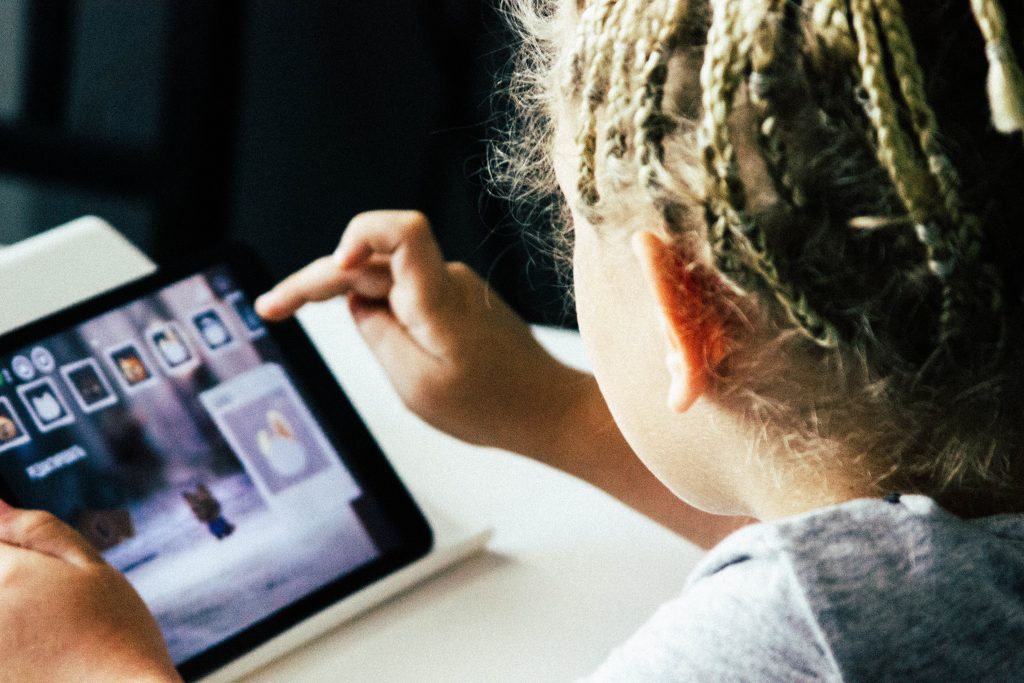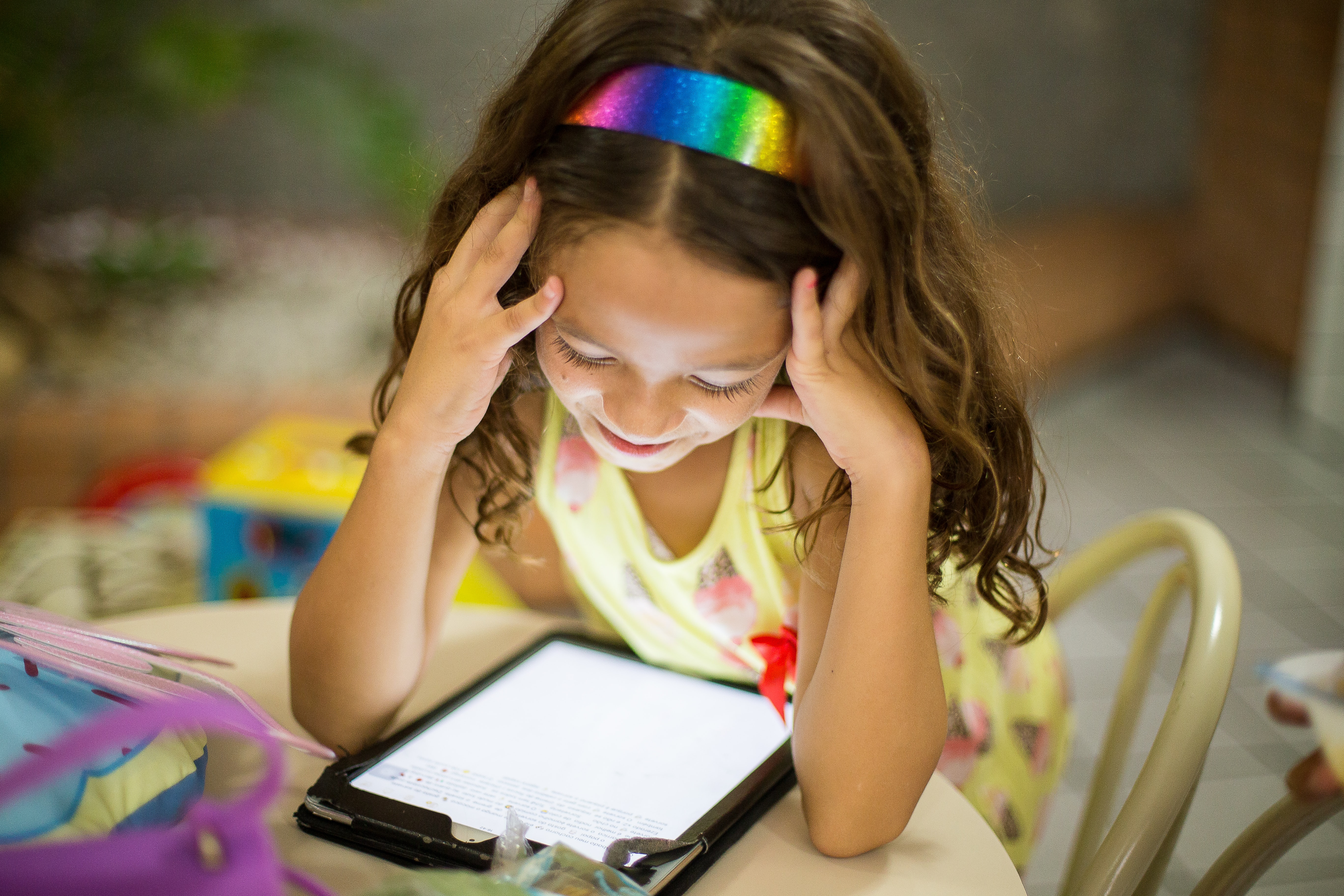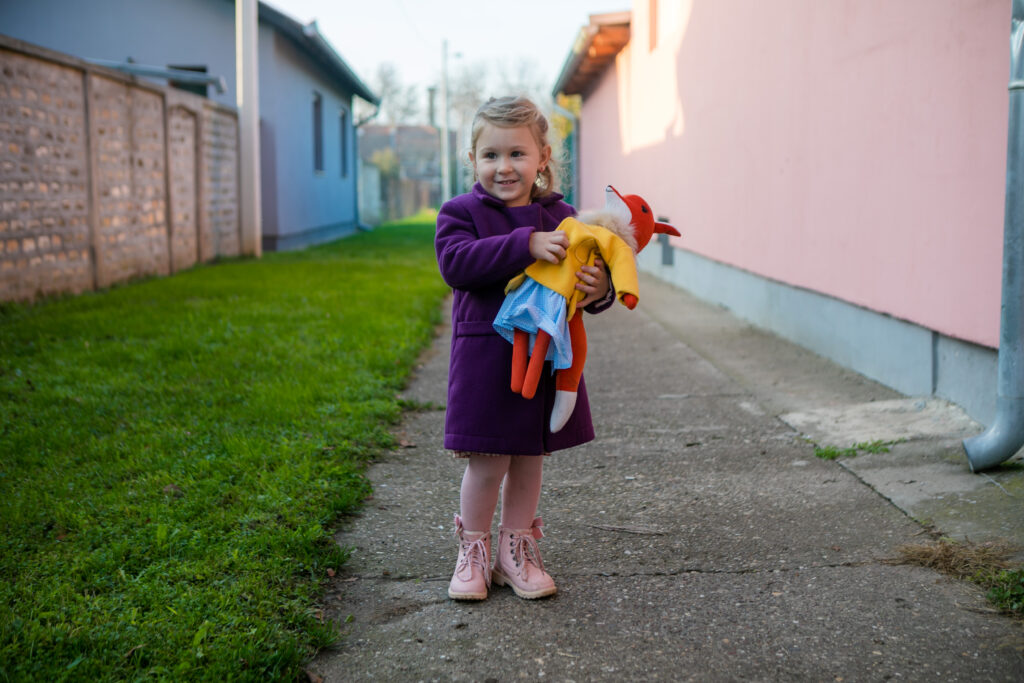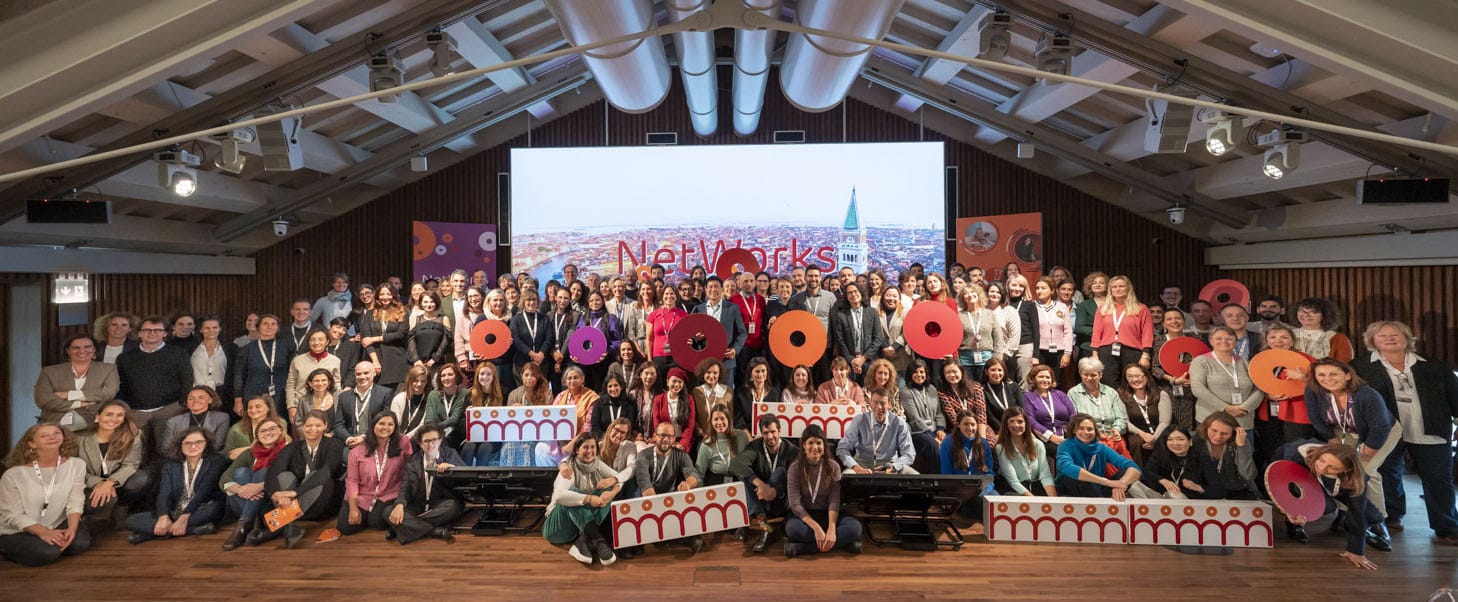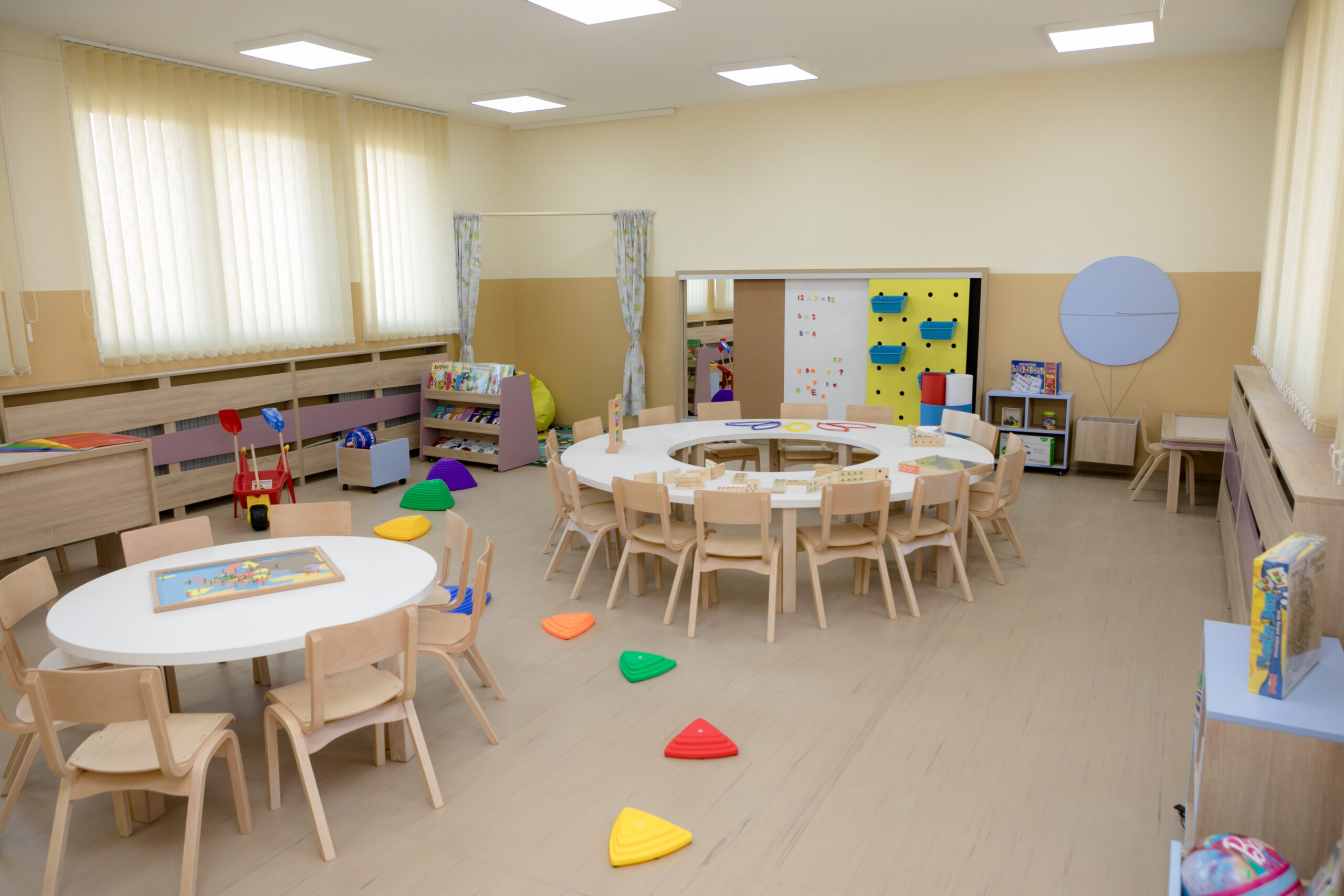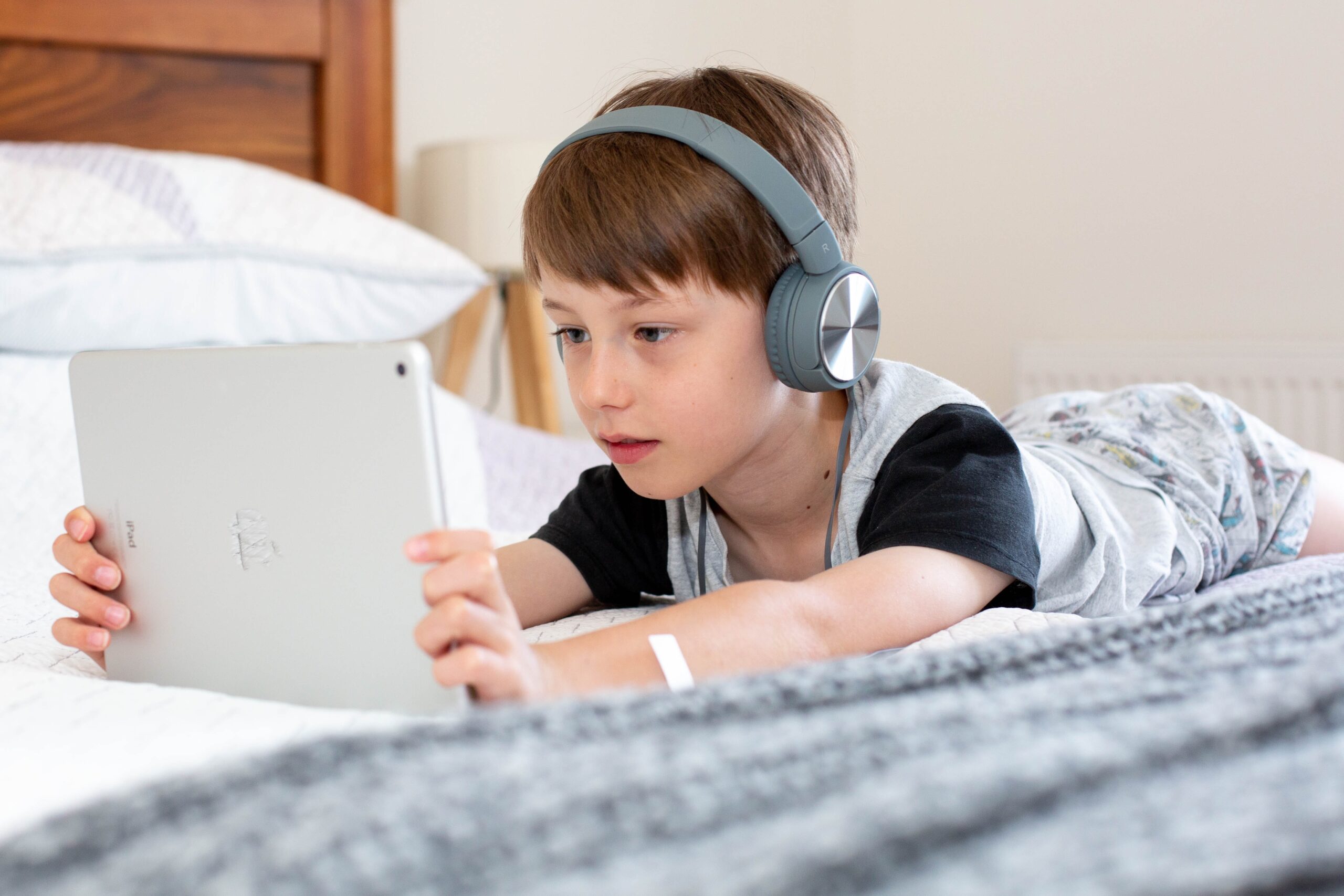Not even the magical world of books was immune to technological development. Today, they appear in and are used in a new form more and more, this form being electronic books (e-books). Not only did e-books become widely used in the world of adults, but e-books for kids also experienced a boom. This fact inspired us to once again revive our investigatory spirit and share much useful information with you that are important to know about e-books for kids.
Children can learn to read more easily with e-books, experts claim
E-books designed for children often contain multimedia content – from increasing fonts to zooming in words, from different animations and sound effects, elements such as games and puzzles, as well as the possibility to click on a word and see its meaning or how it is pronounced. According to a recent study by the National Literacy Trust, dealing with the effect of e-books on behavior and opinions of children, this is precisely why e-books are not just a good alternative to paper books, but also have surprising advantages.
The possibility of interacting with a book, by clicking words and various animations, the child is motivated to be with the book for a longer time, and more importantly, understand the meaning and essence of what it read more easily.
Another major advantage of e-books, which is especially important for parents, is the fact that with these books, children can learn to read much faster, and later understand the words written on paper more easily. Additionally, e-books are also useful for those children who can already read, because, as the study shows, e-books can improve existing reading skills in children, specifically thanks to its various multimedia content and options.
E-books can help your child come to love reading
According to the study, e-books not only help to learn words and letters faster but also encourage children to be interested and love reading. The reason for this is the specific interactivity the child has with the e-book during reading. For example, the results of the mentioned study showed that two-thirds of children who participated in the study said that they enjoyed reading using technology. Before reading e-books, the same children said that reading is “difficult and boring”. Also, reading e-books also changed the opinion of children regarding classic books.
Namely, before the study, only 10% of children stated that they enjoy reading regular books, while this number climbed to 40% after the study.
Books from around the world in your pocket
E-books for kids have many practical advantages and features. First of all, they allow you to constantly carry almost the entire library of different books with you in just one pocket, on your phone or tablet, and access them whenever you want. Also, let’s not forget that the advent of e-books has opened up the possibility of reading books in all languages of the world, which we often did not have access to or were too expensive to buy.
Likewise, perhaps, more importantly, the majority of e-books can be found completely free of charge or half as cheap as their paper versions. For example, the website of the International Children’s Digital Library is only one in a huge number of various websites on which you can find some of the best children’s books, for free.
Are audio books good for children? There are many proc and cons you can read right here!
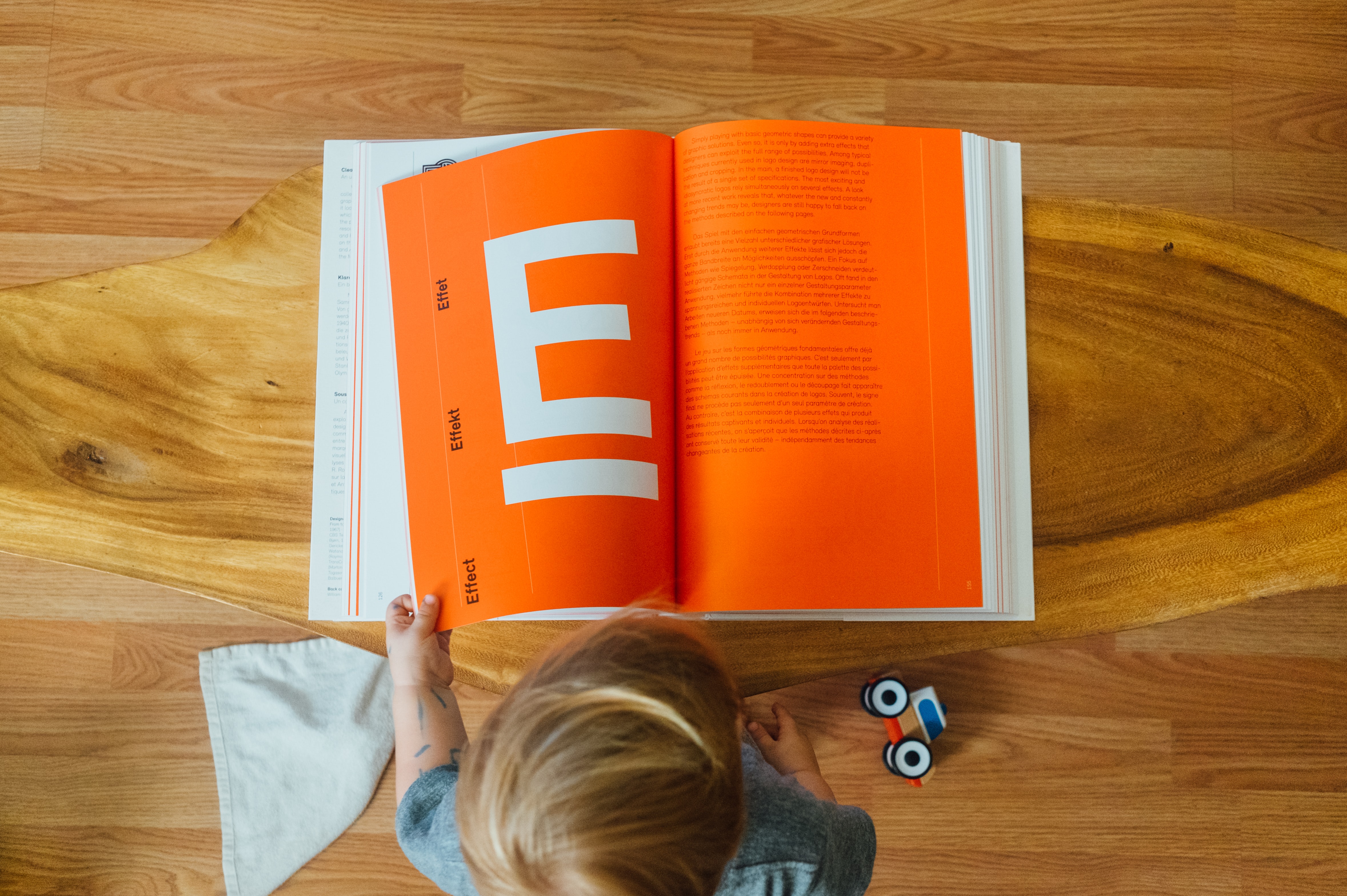
E-books allow you to constantly carry almost the entire library of different books with you in just one pocket.
E-books for kids can reduce parent-child interaction
If only for a moment you thought that “e-books are not real books and nothing is better than paper,” we cannot say that you were completely wrong.
Swiping your finger across a tablet or phone screen will not give many the same pleasure as reading of the classic book. This is also shown by research, which claims that children who read traditional books show a much higher degree of satisfaction than those who read only e-books.
If we leave the feeling of satisfaction aside, because it is still only a subjective category, e-books can negatively affect another important aspect that reading in childhood brings with it. It is an interaction between a parent and a child. Turning the pages together helps them connect with each other and thus build a relationship that lasts long after the ritual of reading together is over. Of course, this does not mean that parents and children cannot enjoy e-books together, but children who are carried away by the numerous multimedia options of e-books will often not feel the need to communicate with their parents and the environment.
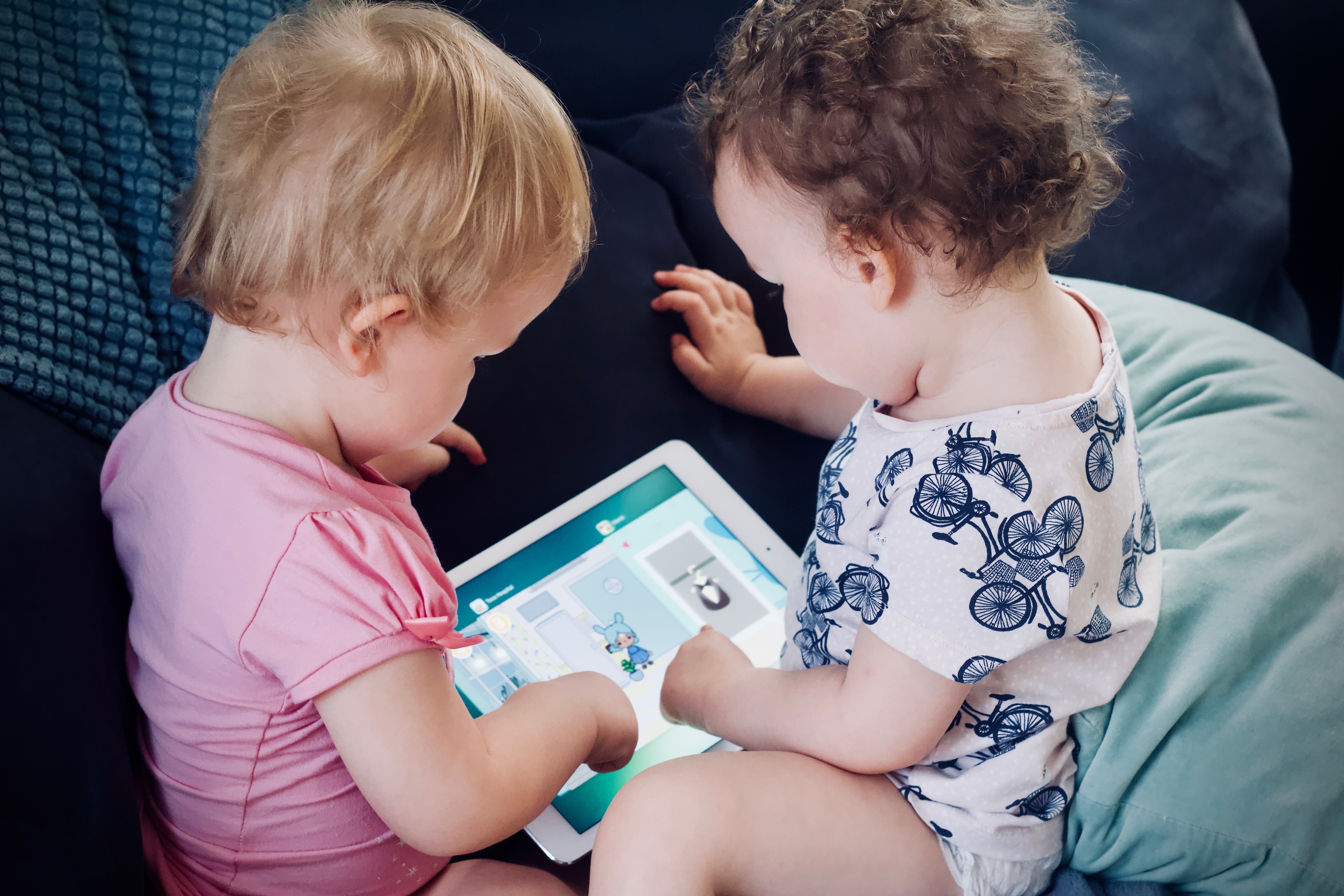
E-books not only help to learn words and letters faster but also encourage children to be interested and love reading.
The key is in giving choices. Every child is different, and that is why you should not fall into despair if your child is not interested in traditional books, but is very happy to read e-books. However, one should keep in mind that e-books, like everything around us, do have a number of advantages but also certain disadvantages. That is why you need to be informed, careful, and know how to balance properly when it comes to their use. After all, technology is by no means useful when used wisely.
If you want your inbox to be filled with news about early childhood trends, suggestions for learning and playing with your child, and great parenting tips&tricks by our experts – subscribe to our newsletter!

